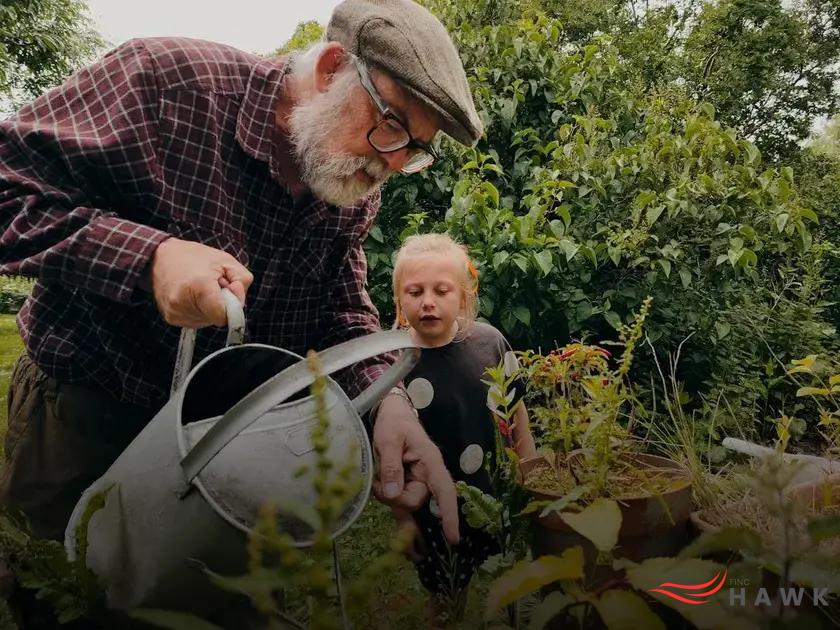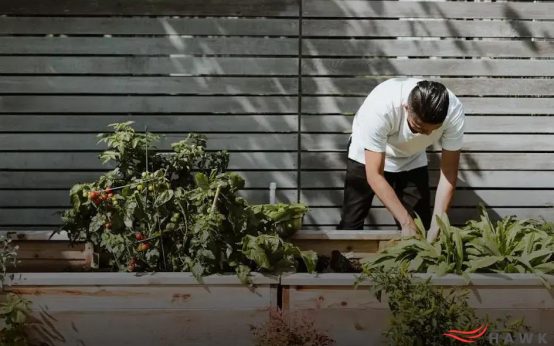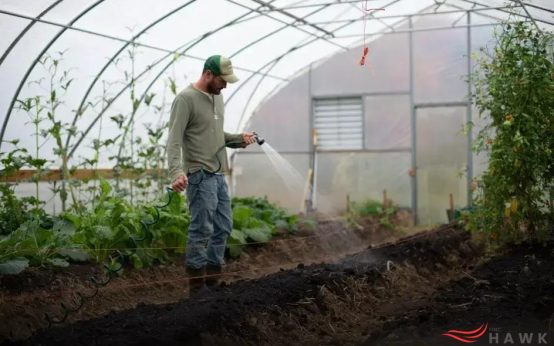Gardening sustainably has become increasingly important. Utilizing eco-friendly gardening tools and materials helps reduce your carbon footprint. As you explore various tools and resources, you’ll discover environmentally-conscious options designed to nurture your plants and protect the planet. Dive into the world of sustainable gardening with innovative tools that support a greener lifestyle.
The Importance of Eco-Friendly Gardening
Gardening sustainably is vital to protect our planet and preserve our resources for future generations. Using eco-friendly gardening tools is a significant step towards achieving this goal.
Sustainable tool choices can reduce the carbon footprint of your garden. Instead of plastic, opt for tools made from bamboo or recycled materials. These alternatives are not only sustainable but also durable.
Hand tools, like trowels and rakes, made from bamboo or recycled aluminum, are excellent choices. They are sturdy, lightweight, and they reduce waste. Look for manufacturers committed to renewable energy and sustainable practices.
Water consumption is another crucial aspect. Consider using a rainwater harvesting system to minimize the use of tap water. Drip irrigation systems can also optimize water usage, delivering moisture directly to plant roots.
For composting organic waste, a compost bin made from recycled plastic or metal is recommended. This helps enrich the soil naturally, reducing the need for chemical fertilizers.
Solar-powered garden lights are a sustainable way to illuminate your garden, eliminating the need for electricity and providing renewable energy solutions.
When choosing lawn mowers, prefer electric or manual ones over gasoline models. They reduce emissions and noise pollution, and are often lighter to maneuver.
Protecting pollinators is another vital aspect of eco-friendly gardening. Set up pollinator-friendly plants and avoid pesticides that can harm bees and butterflies.
By integrating these eco-friendly practices, you can enjoy a lush garden while contributing positively to the environment.
Choosing Sustainable Tools for Your Garden
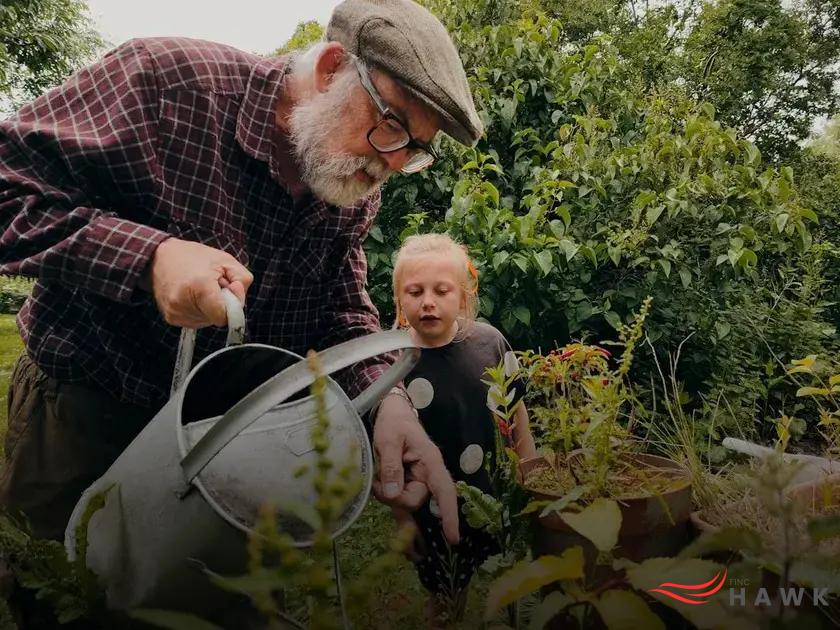
When embarking on a journey to transform your garden sustainably, it’s crucial to consider the most effective and environmentally friendly tools available. Opting for sustainable gardening tools not only helps reduce your environmental footprint but also enhances the quality and health of your garden.
One essential factor to consider is the materials used in crafting these tools. Look for items made from recycled or sustainably sourced materials. This includes handles crafted from FSC-certified wood or recycled plastic, and blades made from recycled metal. These choices ensure that the production process is less harmful to the environment.
Moreover, consider the durability and longevity of the products. Long-lasting tools reduce waste and promote a more sustainable gardening practice. Investing in high-quality tools might mean a higher initial cost, but they are likely to last longer, which saves costs in the long run.
Ergonomics is another crucial aspect. Ergonomic designs will ensure comfort and ease of use, which can encourage more frequent gardening without the risk of strain or injury. This helps maintain your enthusiasm for sustainable gardening practices and reduces the temptation to revert to less environmentally friendly options.
In addition to the physical materials and design, consider tools that minimize the need for chemical inputs. Examples include compost spreaders that promote natural fertilization or manual weed pullers that reduce the need for herbicides.
By mindfully selecting sustainable tools, you contribute to a healthier planet while nurturing your garden effectively and efficiently. This step is essential in establishing a truly eco-friendly gardening practice that aligns with the broader goals of a sustainable lifestyle.
Best Eco-Friendly Materials for Gardening
Gardening sustainably has become a prominent trend as more people recognize the importance of preserving the environment while pursuing their passion for plants. Choosing the right materials can significantly impact your gardening practice’s ecological footprint. Here, we dive into some of the best eco-friendly materials to enhance your garden sustainably.
- Bamboo – Known for its rapid growth, bamboo is a fantastic renewable resource. It serves as an excellent material for stakes, trellises, and even garden tools. Bamboo is strong, durable, and biodegrades more quickly than plastic or treated wood.
- Coconut Coir – Derived from coconut husks, coir is a sustainable alternative to peat moss. It’s used for seed starting and improving soil aeration and water retention. Coconut coir is biodegradable and helps reduce peat extraction from bogs.
- Recycled Plastic – While plastic is not often associated with eco-friendliness, using recycled plastic for plant pots and containers helps reduce waste. These materials are durable, lightweight, and can prevent the need for new plastic production.
- Compost – Composting organic waste not only reduces landfill waste but also produces rich soil additive packed with nutrients. Use kitchen scraps and garden waste to create your own compost, enriching your garden naturally.
- Terracotta – This classic material, made from clay, offers natural insulation for plant roots. Terracotta pots allow air exchange and water evaporation, regulating moisture levels efficiently.
- Salvaged Wood – Repurpose old wood for raised garden beds, birdhouses, or decorative elements. Salvaged wood gives a rustic charm to gardens and reduces demand for freshly cut lumber.
Choosing to implement these sustainable materials not only benefits the environment but also instills a sense of responsibility and innovation in your gardening routine. Each eco-friendly choice contributes to a healthier planet and showcases your commitment to the cause.
Maintaining Your Eco-Friendly Garden
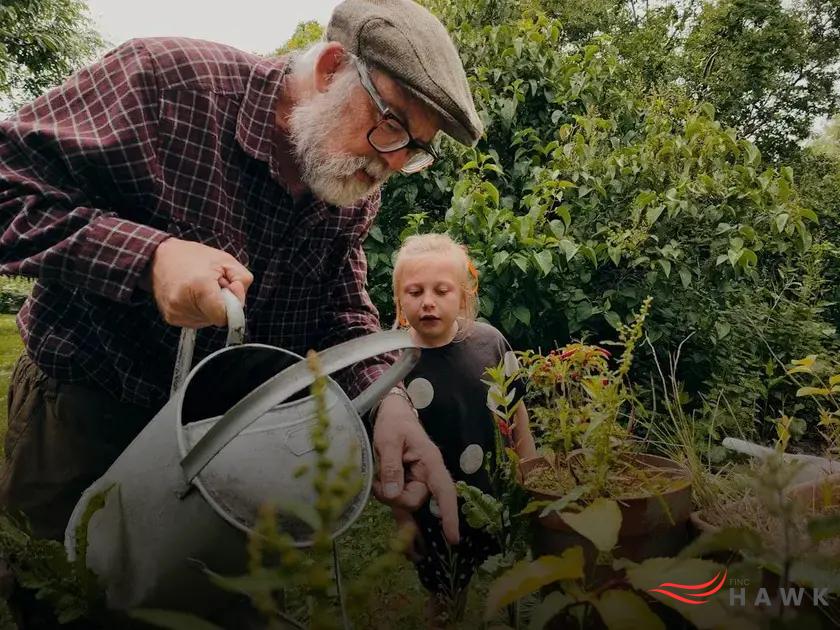
Mantenha seu jardim saudável sem prejudicar o meio ambiente. Manter um jardim ecológico não é apenas sobre escolher as ferramentas certas, mas também sobre aplicar práticas sustentáveis diariamente. Certifique-se de usar resíduos de cozinha como compostagem, transformando restos orgânicos em um solo rico em nutrientes.
A irrigação eficiente é essencial. Considere instalar um sistema de captação de água da chuva ou use técnicas de rega por gotejamento para economizar água. A cobertura do solo ajuda a reter a umidade e evita o nascimento de ervas daninhas.
Cuide da biodiversidade em seu jardim, introduzindo plantas nativas que promovem a vida selvagem local e polinizadores, como abelhas e borboletas. Isso não apenas melhora a saúde do jardim, como também contribui para o ecossistema local.
Mantenha suas ferramentas de jardinagem limpas e bem cuidadas para uma maior durabilidade. Ferramentas como pás e tesouras de poda de alta qualidade feitas de materiais reciclados podem reduzir significativamente seu impacto ambiental e durar mais, se mantidas adequadamente.
Outro ponto a considerar é a troca de produtos químicos por soluções naturais para pragas. Use misturas caseiras de água e sabão ou plantas repelentes naturais para proteger seu jardim sem danificar o ecossistema.
Pequenas mudanças em suas práticas diárias podem transformar seu espaço verde em um verdadeiro refúgio sustentável. Ao manter o equilíbrio entre a natureza e as necessidades do seu jardim, você contribuirá não só para a beleza de sua casa, mas também para um mundo mais saudável.
Benefits of Using Green Gardening Practices
Green gardening practices offer myriad advantages for both the gardener and the environment. By embracing these eco-friendly methods, you can reduce your carbon footprint while cultivating a thriving garden. Conserving water is one of the primary benefits. Implementing rain barrels or drip irrigation systems can significantly decrease water waste, ensuring that your plants receive only the necessary hydration.
Moreover, using natural fertilizers and compost boosts soil health without introducing harmful chemicals. This not only enhances plant growth but also promotes biodiversity by attracting beneficial insects and microorganisms. Similarly, deploying homemade pest deterrents keeps your garden free from harmful substances while maintaining a safe habitat for wildlife.
Another notable benefit is the reduction of waste through composting. By recycling kitchen scraps and garden waste, you decrease landfill contributions and produce rich, organic matter for your soil. Enhancing soil quality with compost enriches your garden plot, leading to healthier plants and more abundant yields.
Utilizing recycled materials for garden structures, such as raised beds or pathways, further exemplifies green gardening’s sustainable approach. These practices not only minimize your environmental impact but also instill a sense of stewardship as you actively participate in preserving the planet.

